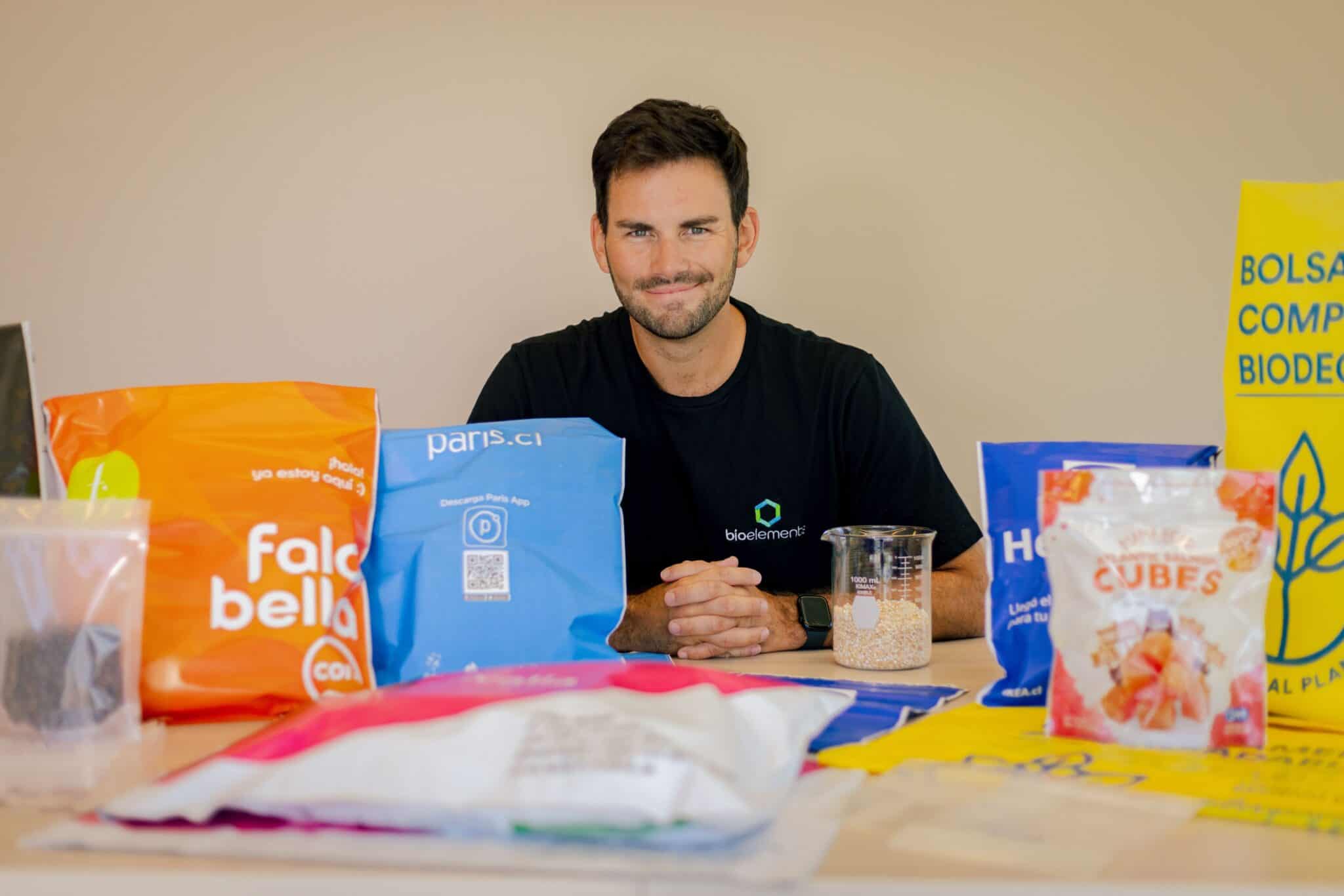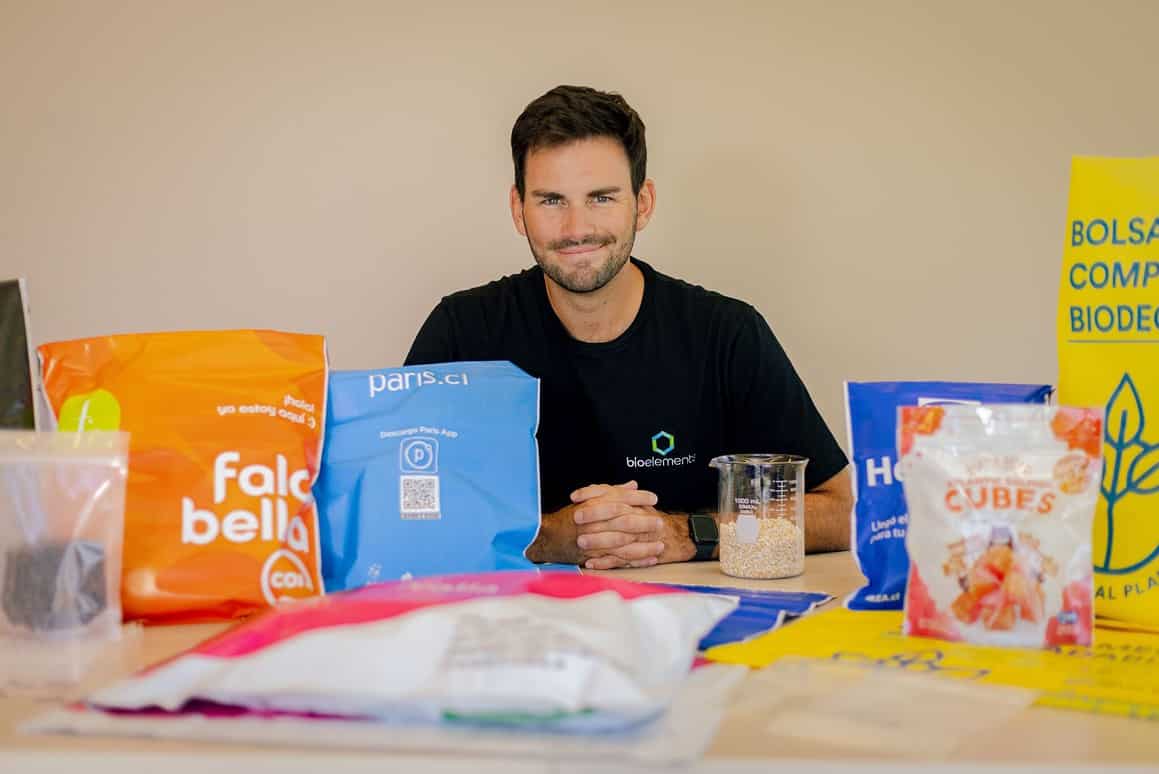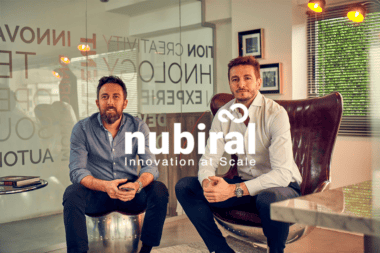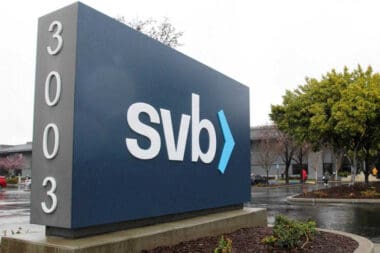Ignacio Parada da Fonseca, a Chilean entrepreneur with a background in law from the Pontifical Catholic University of Chile, made a career change in 2014 by leaving the legal practice to venture into the biodegradable packaging industry.
In his home country of Chile, he founded Bioelements, a startup that produced sustainable containers made from BioE resin.
Recognizing the need for scientific expertise, particularly in engineering and biology, he collaborated with his alma mater. He later established partnerships with 14 universities and 12 laboratories throughout the region, including the National Autonomous University of Mexico (UNAM), the largest in Latin America.
“I understood from the beginning that if we truly wanted to create a material with the ability to have a positive impact on the environment, regardless of where it ends up, and not be harmful, we needed the knowledge available in the university,” explained Parada, in an interview with DPL News.
In 2018, Bioelements expanded its operations to Peru and Mexico, with the latter market being the most significant, representing approximately 30% of its sales.
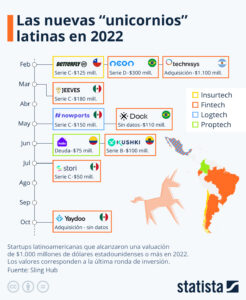
In January 2023, the startup Bioelements successfully raised USD $ 30 million in its series A funding, achieving a valuation of USD $ 200 million.
“Today in Mexico, we produce over 400 tons monthly, more than 5,000 tons of plastic removed from the Mexican market and transformed into biomaterials. So, it’s a mighty endeavor, and our goal is to double it,” added the entrepreneur.
In the short term, Ignacio Parada aims to multiply this valuation by five, aspiring to become a company with a value of USD$1 billion, in other words, a unicorn.
“I believe that beyond the valuation, what’s important is that customers trust you. What matters to us the most is not how much you’re worth but how much you’re selling.
“That’s our goal. The partnership with these large companies is crucial for the progression of the matter,” assured Parada, mentioning Coppel and Kimberly Clark in Mexico.
However, at present, their focus is more on profitability and sustainable growth, in line with the strategy adopted by other growing startups in the region in response to decreasing investments.
